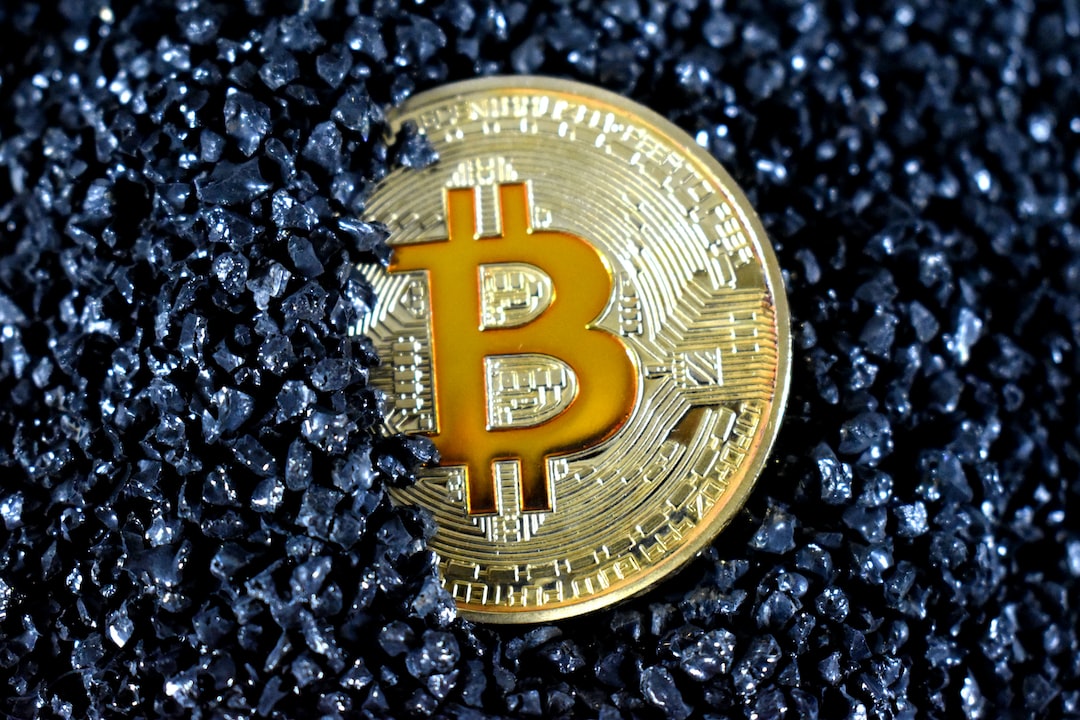South Korean Securities Firms Cannot Facilitate Trading of Overseas Spot Bitcoin ETFs
Recently, the US Securities and Exchange Commission (SEC) approved applications for spot Bitcoin ETFs, marking a significant milestone. However, South Korean laws prevent domestic securities companies like Samsung Securities and Mirae Asset Securities from offering exposure to these ETFs to their clients.
Overseas Spot Bitcoin ETFs May Violate South Korean Crypto Laws
The Financial Services Commission (FSC), the regulatory body in South Korea, issued a notice stating that domestic securities firms cannot provide exposure to overseas spot Bitcoin ETFs. The notice claims that these actions would violate the government’s stance on virtual assets and the Capital Markets Act.
As a result, Samsung Securities and Mirae Asset Securities suspended trading for German and Canadian spot Bitcoin ETFs. They will also be unable to facilitate trading for US Spot Bitcoin ETFs.
How South Korea is Working on Crypto Regulations
The FSC acknowledges the need for crypto regulation in South Korea and is actively working on it. They are reviewing regulations in other countries, such as the US, and FSC Chief Yoo Bok-hyun plans to discuss crypto regulations with SEC Chair Gary Gensler during his visit to the US.
Crypto assets are highly popular in South Korea, with an 18.85% penetration rate. By 2028, this rate is projected to increase to 23.45%. Even 6% of South Korean National Assembly Members own crypto assets.
To ensure regulatory oversight, the Financial Supervisory Service (FSS) in South Korea will implement strict regulations for virtual assets starting in July 2024.
Hot Take: The Importance of Regulatory Oversight for Crypto in South Korea
The popularity of crypto assets in South Korea necessitates the implementation of comprehensive regulatory measures. While the recent approval of spot Bitcoin ETFs by the SEC is a significant development, South Korean securities firms are unable to facilitate trading due to existing laws. The FSC recognizes the need for crypto regulation and is actively working on it, considering regulations in other countries like the US. As crypto continues to gain traction in South Korea, regulatory oversight becomes crucial to ensure investor protection and market stability.





 By
By
 By
By
 By
By
 By
By
